-
Date
29 - 30 Oct 2024
-
Location
CENTREPIECE, Melbourne
News, key speeches, photos
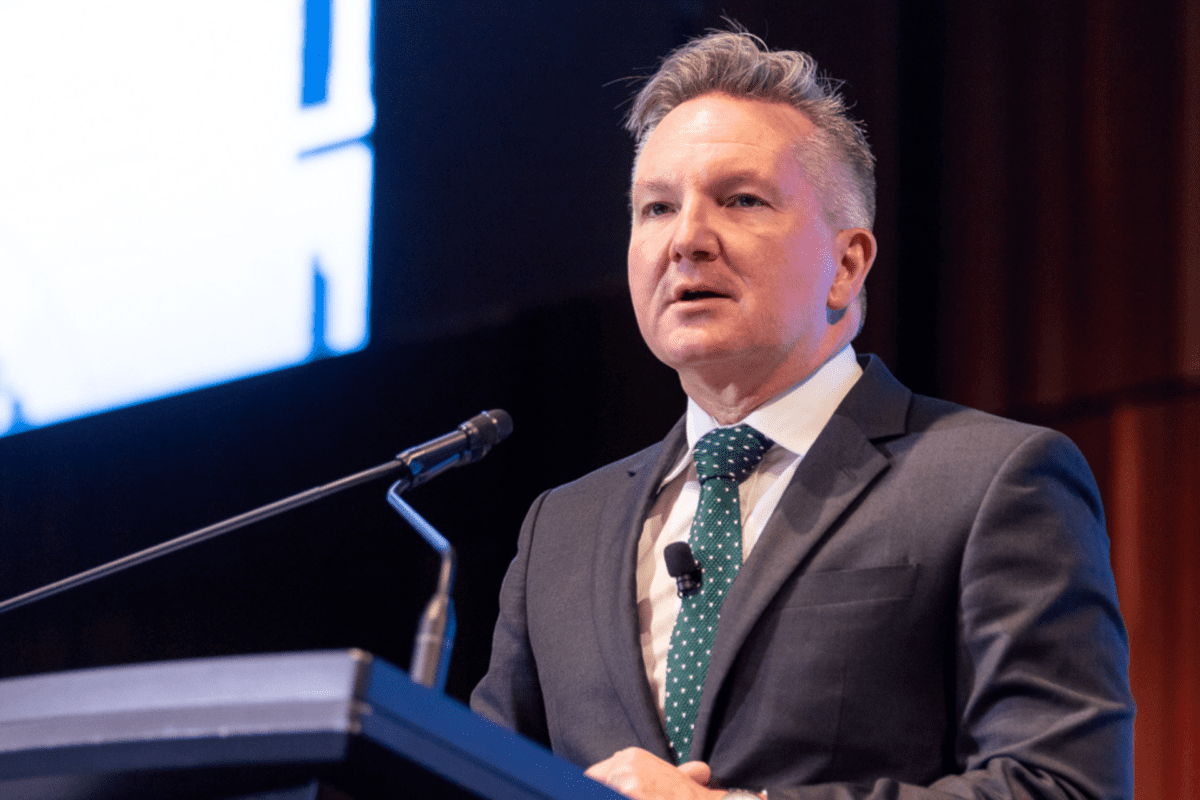
Minister Bowen’s speech | 11th AER Summit
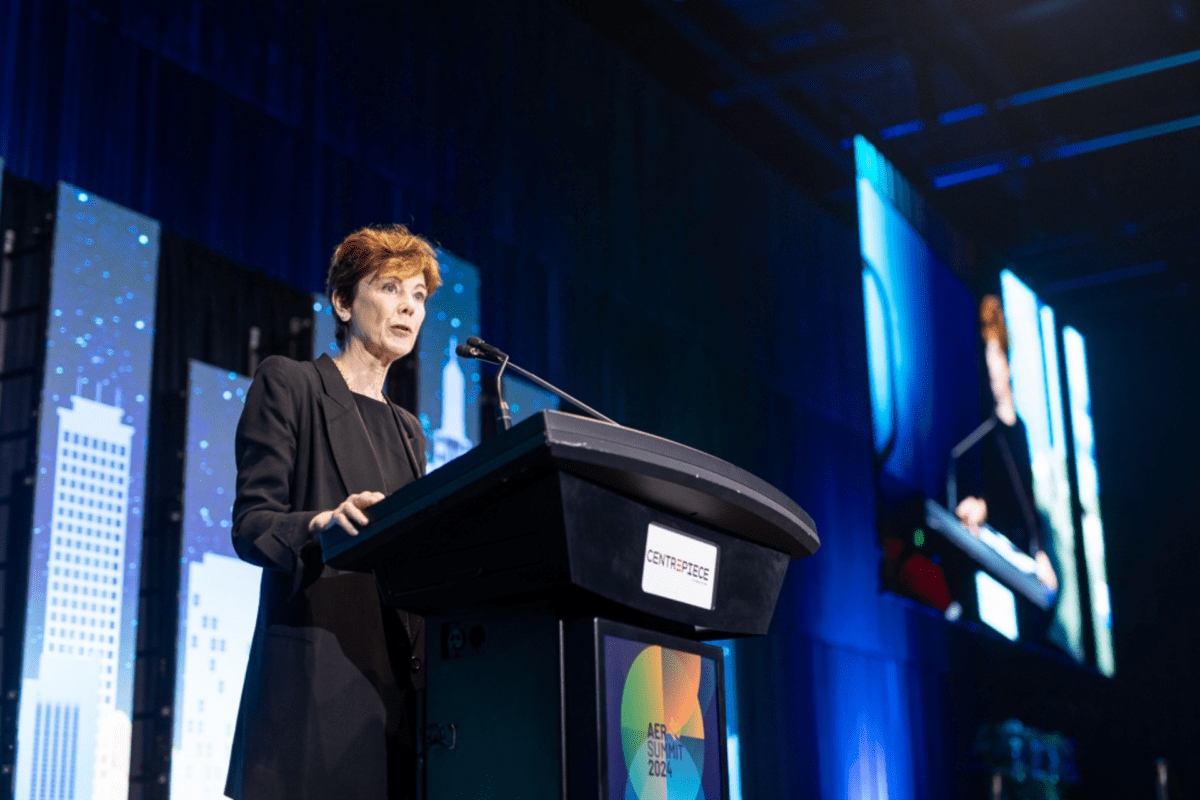
2024 Australasian Emissions Reduction (AER) Summit
Date
29 - 30 Oct 2024
Location
CENTREPIECE, Melbourne
The Summit came at a critical juncture as all political parties and independents prepare policies ahead of the election due in early 2025. Following the first year of the enhanced Safeguard Mechanism, the ongoing ACCU Review, and mandatory corporate disclosure implementations, the Summit offered a pivotal point of reflection on Australia’s evolving policy landscape, while also considering these policy developments in the broader climate policy landscape of the Asia Pacific region.
Monday 28th October, 2024
Masterclass: Net Zero Policies, Markets and Frameworks for Corporate Action
The Pre-Summit Masterclass is part of the Corporate Climate Masterclass Series. Registrants of the session will receive instructions separately to access the event series.
This session will introduce the key domestic policy and legislative frameworks governing corporate net zero transition in Australia.
It will also provide a deeper discussion on corporate governance, market frameworks and best market guidance that is available to businesses navigating the transition towards net zero emissions.
Part 1: Australia's Climate Policy and Market Frameworks

John Connor
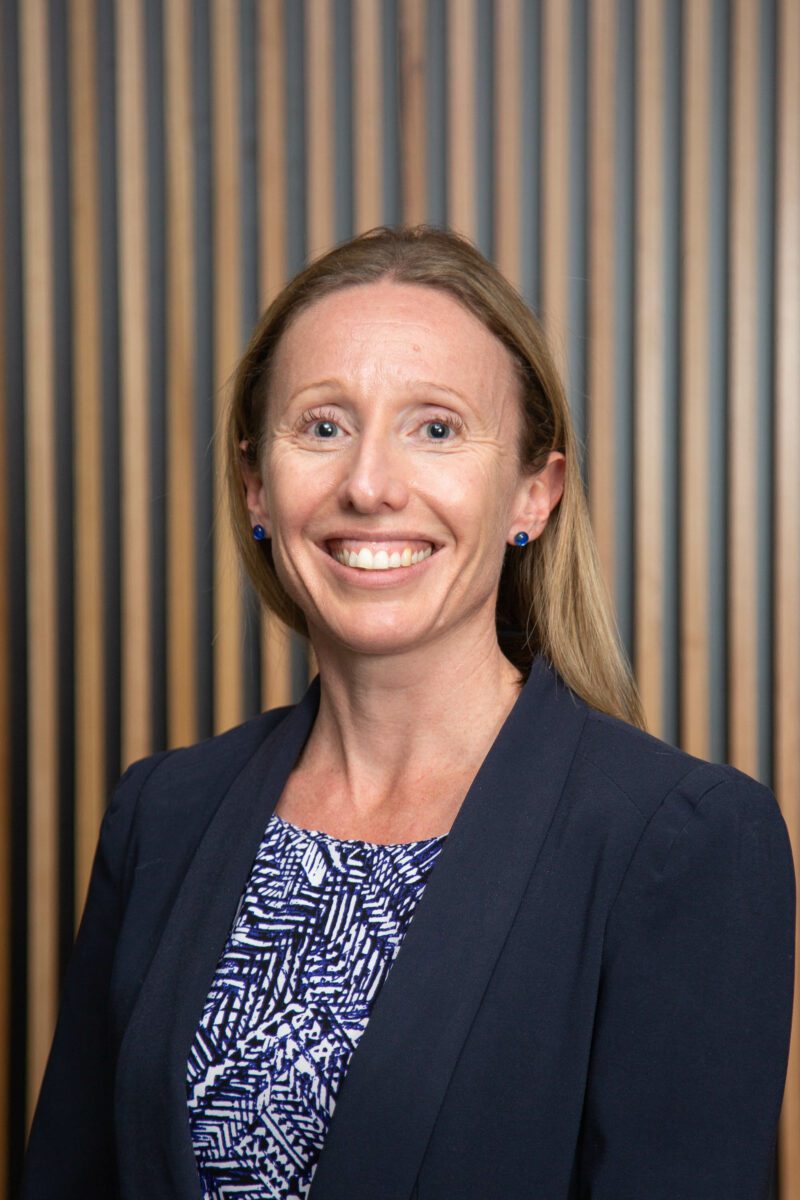
Edwina Johnson

Kath Rowley

Cara Sanders-Wall
Part 2: State of Australia's Carbon Markets
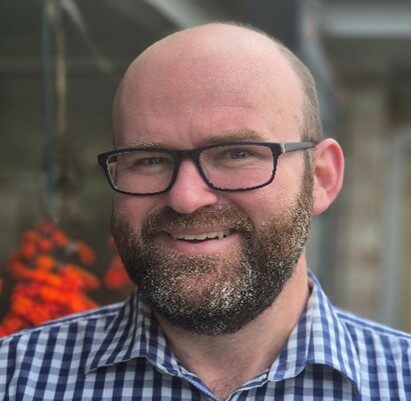
Darryn Rowsell

Daniel Sinclair

Marco Stella
Part 3: Climate Risk, Governance and Disclosure

Kurt Winter

Naomi Bergman

Amy Quinton

Meredith Read
Pre-Summit Drinks
Invitation-only networking event for event sponsors & special guests.
Tuesday 29th October, 2024
Networking Breakfast
Explore how ESG leadership is driving decarbonisation. As a warm-up to the summit we will hear from environmental, social, and governance leaders for their perspective on advancing the Net Zero transition through their areas of specialty and what might be coming next.
Moderator

Nick Ross

Rosemary Bissett

Cameron Ginn

Hayley Scott
Performance

Ganga Giri
Welcome to Country | Wurundjeri Woi Wurrung
Opening Address

John Connor
Ministerial Keynote

Hon. Lily D’Ambrosio
Plenary One: Net Zero Geopolitics, Pathways and Investment
Countries are planning for stronger 2035 emission reduction targets and engaging in the transition to net zero economies amidst turbulent political, economic and social circumstances. It is also a time of exciting innovation in technology, sustainability, policy and disclosure. Join our opening Summit plenary for key perspectives from the US, Europe, the Asia Pacific and Australia which will be followed by a discussion on investment and market implications.
MC

Emma Alberici

Alden Meyer – US & UNFCCC Perspective

Sandrine Dixson-Declève – European Perspective

Matt Kean – Australian Perspective

Jukhee Hong – APAC Perspective
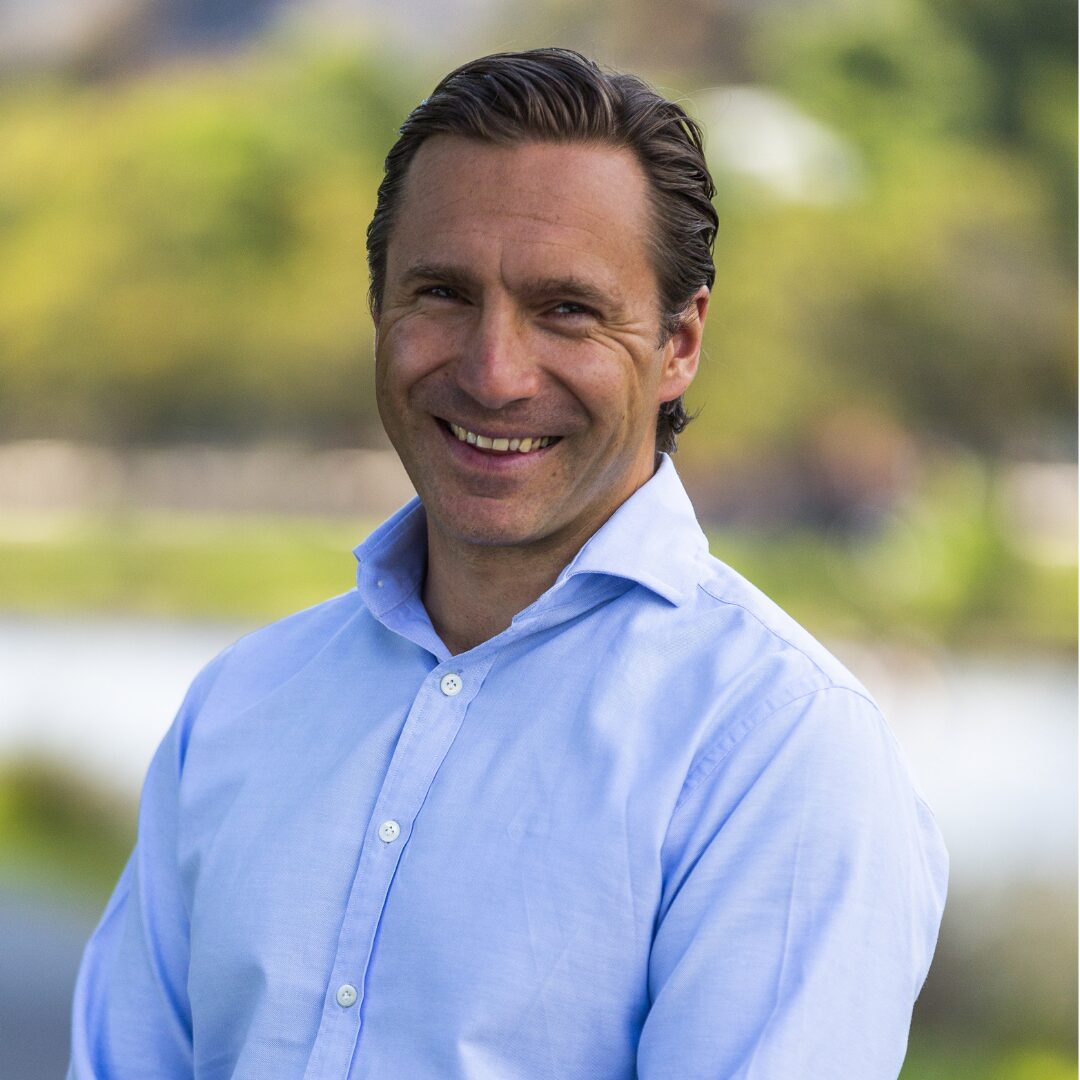
Chris Halliwell
Plenary Two: Corporate Climate Perspectives
Join corporate leaders to discuss challenges in the corporate transition to net zero emissions. This panel discussion will provide insights into achievements, challenges, and opportunities in developing credible business strategies in a world of some policy uncertainty but accelerating expectation, oversight and urgency.
MC

Emma Alberici
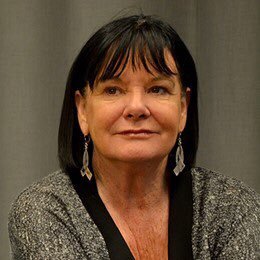
Sharan Burrow AC

Damien Nicks
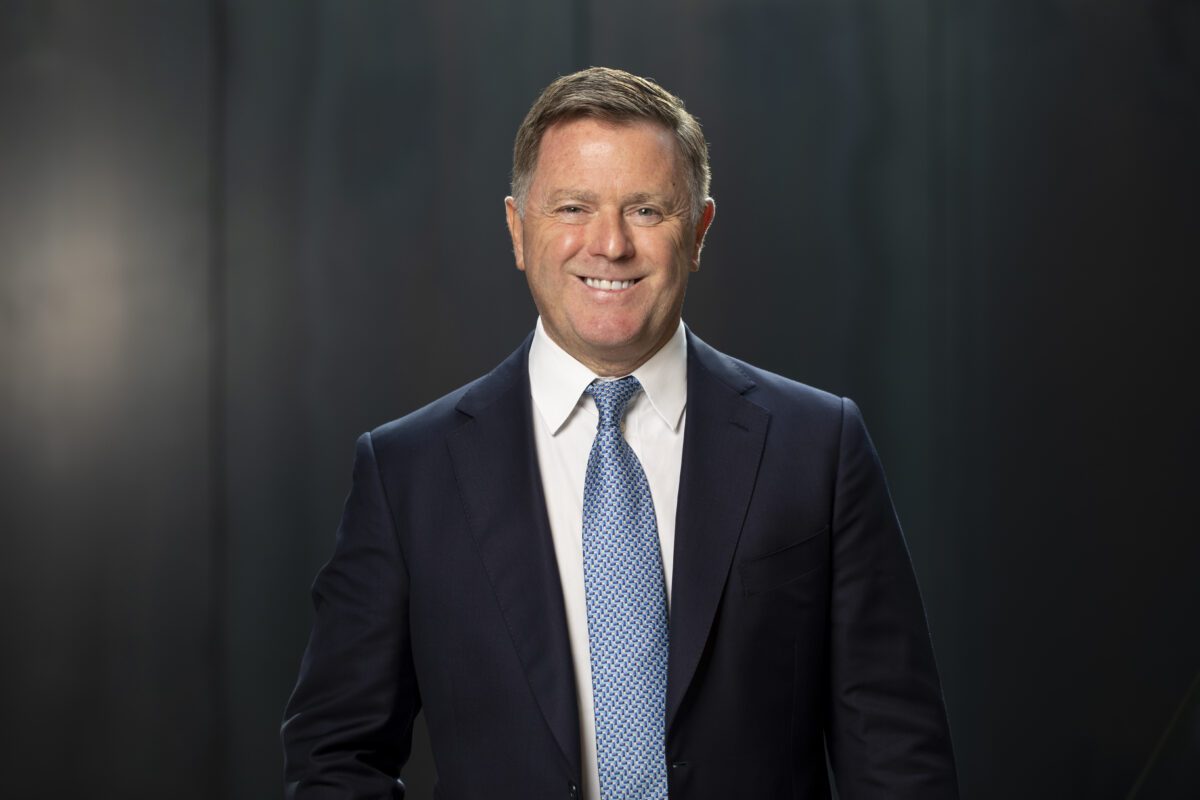
Mark Whelan
1.1 FINANCE: Scaling Public & Private Finance
In November, COP29 – “the finance COP” – will deliver the new collective quantified goal on climate finance, which will replace the 2009 Copenhagen climate finance goal of USD100 billion a year channelled to developing countries by 2020. It is well recognised that private sector finance has a critical role in supporting public finance for climate change mitigation and adaptation globally. This workshop will explore initiatives including development of the Australian Sustainable Finance Taxonomy being led by ASFI in partnership with the Commonwealth Treasury, to scale up and guide investments toward supporting the global transition towards net zero.
Moderator

David Simmons

Jodie Barns

Purdie Bowden

Fiona Gilbert

Melanie Madders
1.2 NET ZERO SECTORS: Industry & Resources
As the renewable energy transition accelerates, greater focus will fall on industry and resource sectors emission contributions. This workshop will examine the role of the enhanced Safeguard Mechanism, its potential evolution, and the role of aligned policies as well as corporate and consumer expectations in changing investment strategies. As with the other sectors under consideration for Net Zero Plans, cross cutting issues like sustainable finance, carbon market strategies, circular economy and growing social equity, including for First Nation and regional communities, will also be discussed.
Moderator

Rebecca Russell

Evan Day

Patrick Lim

Pauline Kennedy

Dr. Taira Vora
1.3 POLICY: Ensuring Social Licence in the Transition
With the Net Zero Economy Authority, Australia will soon have a formal authority to help guide its transition to net zero emissions, while ensuring that workers, primarily in the energy industry, are not left behind and that regional communities are engaged in opportunities of the transition. Some states have similar institutions or support, and companies are recognising their responsibility in helping to manage the transition. This workshop looks at the role of just transition planning and social licence in supporting successful decarbonisation or other transitions in rural and regional Australia.
Moderator

Clark Donovan

Dr. Nicholas Aberle

Josie Hess

Dr. Phil Ireland

Dr. John Binda Reid

Daniel Sherrell
1.4 MARKETS: Carbon Markets 2.0 – from offsetting and carbon neutrality to removals for negative emission future
The role of carbon markets in the climate challenge has been undergoing intense scrutiny but also fundamental shifts. We are arguably moving from the original phase based on offsetting neutrality to an integral role in the net zero transition. This new “Carbon Market 2.0” phase needs to align investment in credible on-site decarbonisation with investment in independently credited climate actions. Ultimately this needs to drive carbon removals at scale that support a net negative emissions reductions to help limit or return global warming to Paris Agreement goals. Join leading analysts and participants in the emergence of Carbon Market 2.0.
Moderator

Nicole Joffe
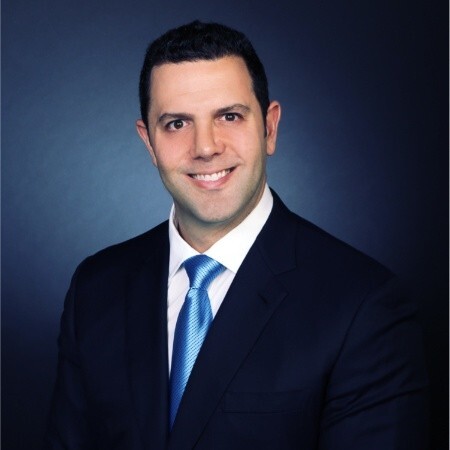
Andrew Gaballa

Richard Gilmore

Michaela Morris

Eliza Murray

Julian Turecek
Women in Climate Lunch
Join female leaders from across the climate policy ecosystem as they reflect on their unique experiences in the space.
Moderator

Dr. Kerry Schott AO

Linh Do

Dr. Cle-Anne Gabriel

Christina Tonkin
Plenary Three: National Decarbonisation Investment Priorities
Progress has continued on substantial climate-related policy reforms as well as investment initiatives and guidelines building on the private investment outcomes leveraged by the CEFC and ARENA. This session will examine the key issues and institutions for Australian investors, taxpayers and stakeholders to maximise opportunities and minimise risks in accelerating Australia’s transition to net zero emissions.
Chair

Alison Reeve

Joanne Chong

Baethan Mullen
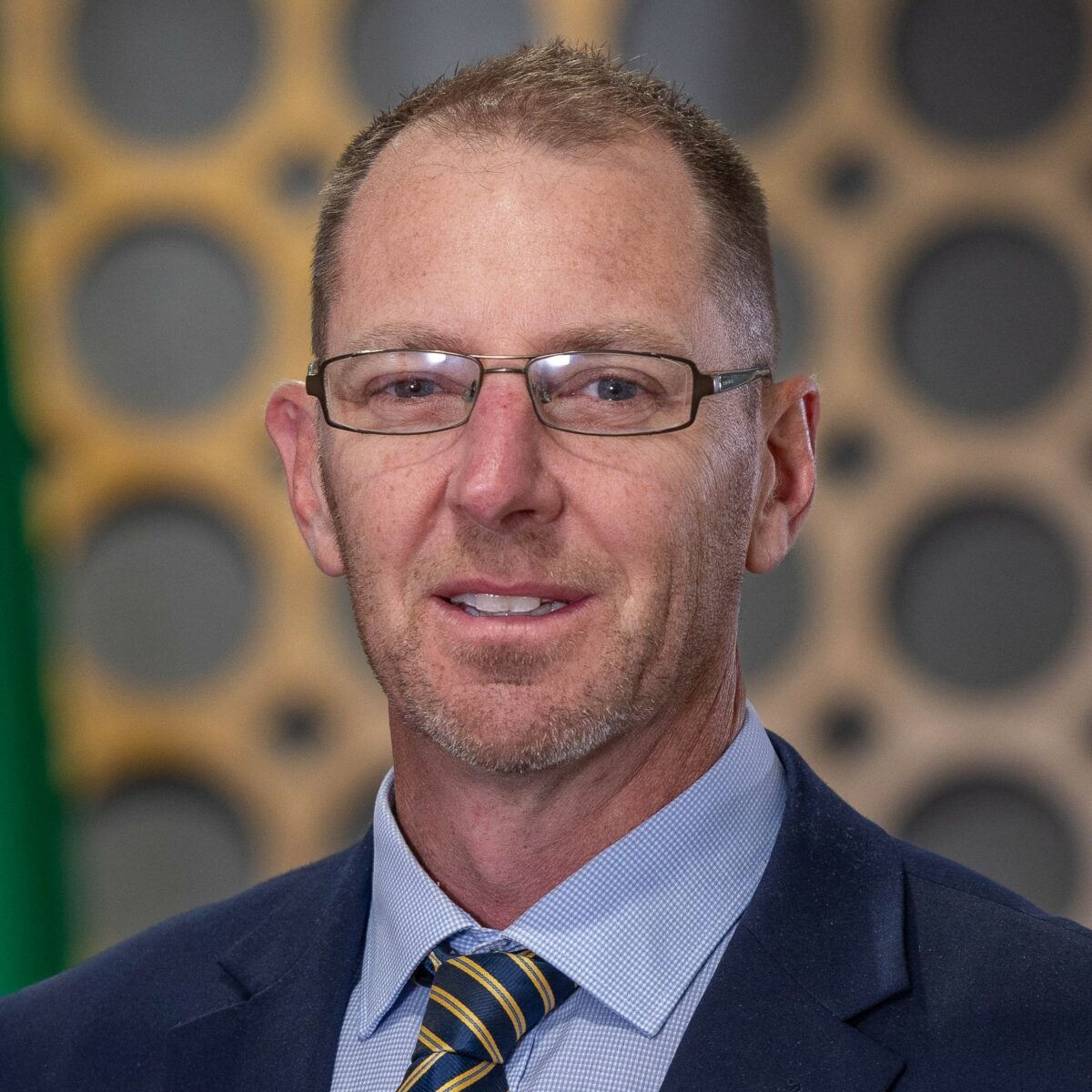
Trevor Power
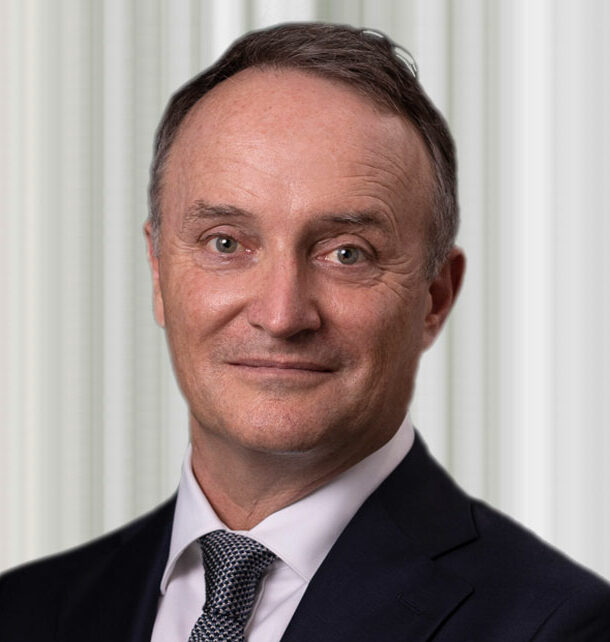
Justin Punch
2.1 NET ZERO SECTORS: Transport
Transport is Australia’s third highest emitting sector, contributing roughly 21% to Australia’s total emissions profile. While the Government’s electric vehicle target and new vehicle fuel efficiency standards are supporting emissions reductions in light vehicles, longer distance transport continues to pose challenges for decarbonisation. Join this panel as we discuss the challenges and opportunities for decarbonisation in long distance freight and passenger transport, including rail, air and road. As with the rest of the 6 sectors under consideration for Net Zero Plans, cross cutting issues like sustainable finance, carbon market strategies, circular economy and growing social equity, including for First Nation and regional communities, will also be discussed.
Moderator

Gabriella Warden

Ruby Diaz

Joan Ko

Ian Porter
2.2 STRATEGY: Integrating Net Zero & Nature Positive
As we build a net zero economy in Australia, and globally, there is an enormous opportunity to integrate the protection and restoration of nature. Climate change and nature loss or damage are interconnected and, if addressed strategically through net zero sector planning will mitigate economic risks for Australian business and communities and catalyse an emerging source of economic advantage. This session will explore how decarbonisation initiatives and net zero sector plans can be leveraged to simultaneously deliver benefits for both the climate and natural environment. Examine policies, frameworks and schemes that target and accelerate climate action and nature repair – and the key role of nature-based climate solution investments.
Moderator
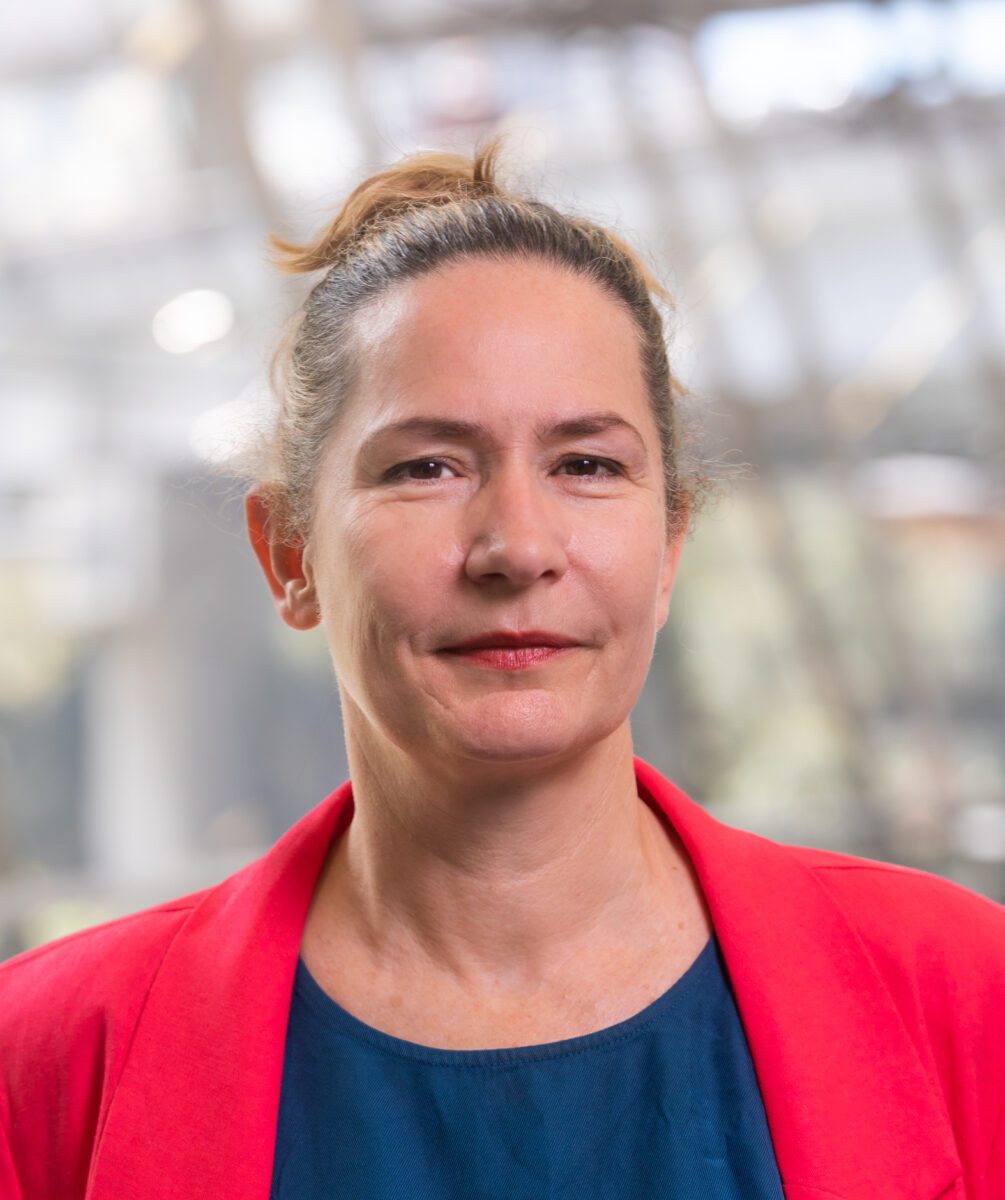
Janet Hallows

Carl Binning
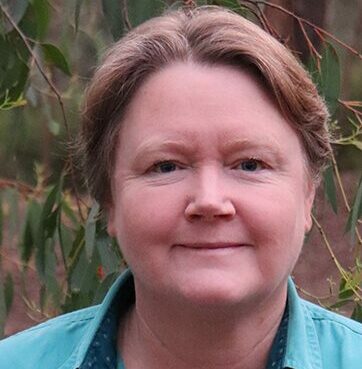
Heather Campbell

Rachel Clarke

Elizabeth Rose

Cuong Tran
2.3 STRATEGY: Corporate Net Zero Transition
As businesses prepare for mandatory climate-related financial disclosures in Australia, international best practice guidance on net zero transition plans also continues to mature and converge. The Australian Government has committed to developing guidance for disclosing net zero transition plans. Work is also underway to develop an independently verifiable international standard on net zero, that would establish a real economy standard to complement the financial standards developed by the International Sustainability Standards Board. This panel will explore how companies can navigate the rapidly evolving ecosystem of net zero standards to demonstrate market leadership.
Moderator

Kurt Winter

Susanne Etti

Shana Gallagher
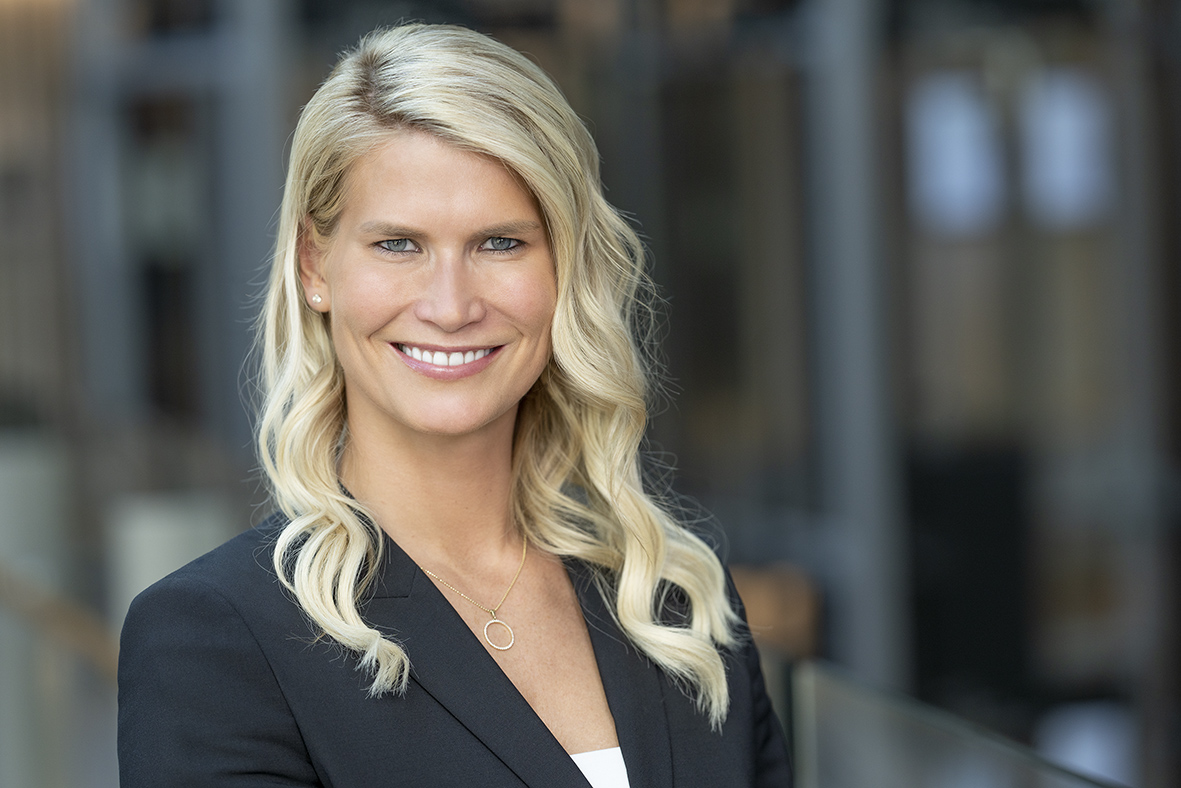
Nadine Mueller
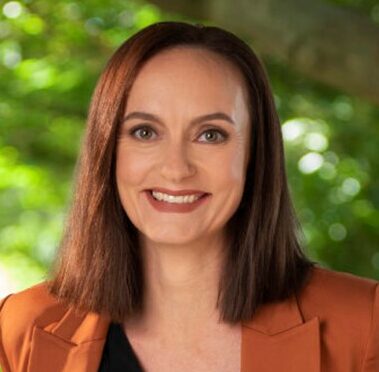
Estelle Parker
2.4 MARKETS: Carbon Market and Policy Evolution in the Asia Pacific
Climate policies, carbon markets and the New Collective Quantified Goal on Climate Finance, will be key to achieving nationally determined contributions in the critical Asia Pacific region. Carbon taxes, regulations and markets are emerging across Asia and support for market development and financing is increasingly becoming an integral aspect of bilateral and multilateral partnerships such as the Australia-Singapore Green Economy Agreement and the Indo-Pacific Economic Framework for Prosperity. This workshop will build on insights and outcomes from the recent CMI Singapore Carbon Market & Investor Forum.
Moderator

Mei Zi Tan

Thai Dang

Duong Thi Thuy Mai

Rebekah Mawson

Lujia Wang
Keynote
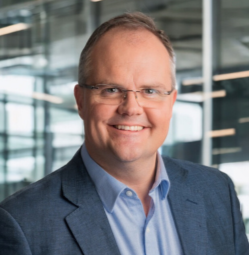
Ted O’Brien MP
Plenary Four: Delivering Decarbonisation through Regulation and Disclosure
The last 12 months have seen significant developments in governance, disclosure and on corporate claims with growing scrutiny from regulators, investors and the community. Meanwhile, the introduction of mandatory climate change reporting will also re-write expectations for company management of climate-related financial risks and opportunities. But how do we ensure that regulation and disclosure deliver more than just more reporting and drives real change?
Chair
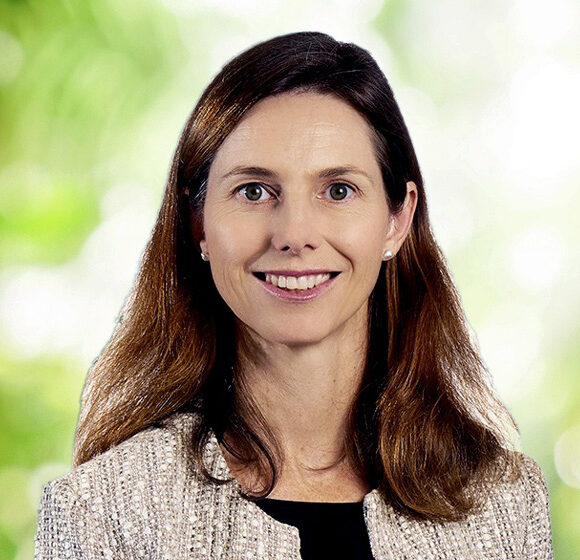
Ilona Millar

Emma Herd
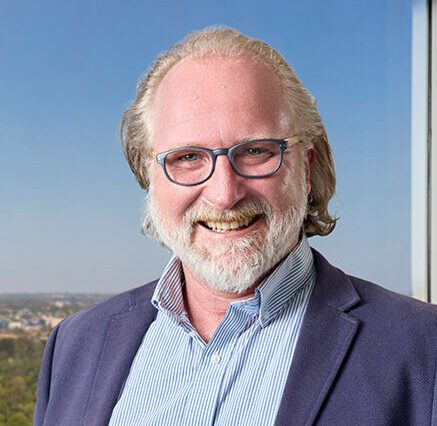
Erwin Jackson

Claire LaBouchardiere

David Parker AM
Sundowner Drinks | Feat. Djirri Djirri Wurundjeri Women's Dance Group

Djirri Djirri Wurundjeri Women’s Dance Group

Jo Tyndall

Pastor Ray Minniecon
Wednesday 30th October, 2024
Climate Hotspot

Suzanne Thompson
Plenary Five: Climate Change Q&A
In the style of Australia’s weekly ABC discussion program, Australian political, business and community leaders will discuss the climate crisis, the role of carbon markets in the net zero challenge, and the long-term national policy framework we need to scale up decarbonisation investment to meet Australia’s fair share of global climate action.
MC

Emma Alberici

Bran Black

John Connor

Zoe Daniel MP

Amanda McKenzie

Mary Nega
Ministerial Keynote

Hon. Chris Bowen MP
Plenary Six: Scaling Nature Positive
The World Bank estimates that annual nature investment needs to scale up to USD700 billion over the next decade, up from current levels of roughly USD120-140 billion per year. Following the inaugural Global Nature Positive Summit, this plenary session will consider the changes required to achieve this monumental shift in financial flows, alongside increasing finance for projects that address nature, climate change and First Nations benefits simultaneously.
Chair
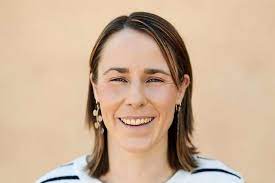
Skye Glenday

Kate Andrews
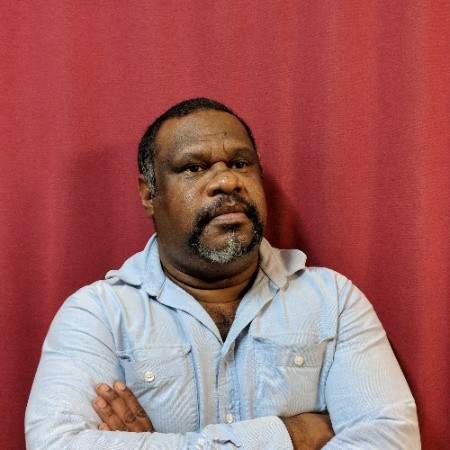
Barry Hunter

Peter Moulton
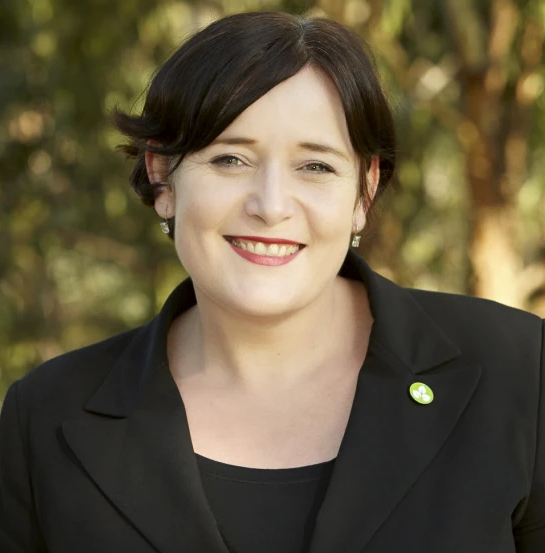
Kelly O’Shanassy

Raphael Wood
3.1 POLICY: Article 6 and other COP29 priorities
As well as focusing on the new collective quantifiable goal on climate finance and the Loss and Damage Fund, Article 6 cooperation and carbon market frameworks are a key priority of the COP29 Presidency. The Presidency notes past disappointments in bolstering mitigation and adaptation ambition through the implementation of Article 6, though some progress was made in the recent Bonn intersessional sessions, and countries have been pressing ahead with MOUs, capacity building and first transfers under Article 6.2. This workshop will discuss the opportunities and challenges for COP29.
Moderator
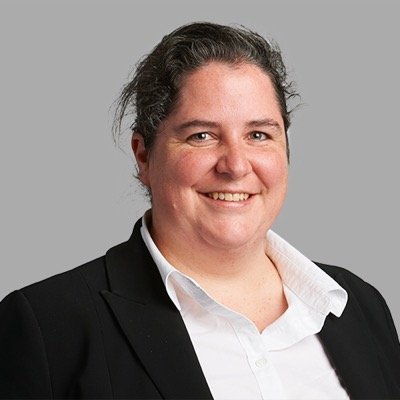
Emily Gerrard

Kate Hancock

Nguyen Sy Linh

Stephanie Russo
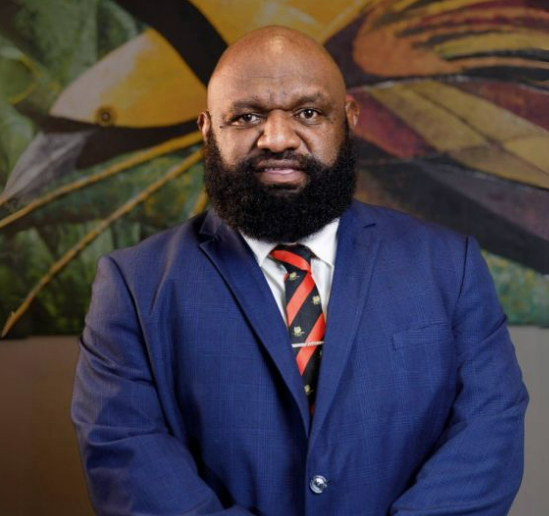
Ruel Yamuna
3.2 NET ZERO PLAN SECTORS: Electricity and Energy
While renewable energy investment continues to drive emissions reductions in Australia’s electricity sector, substantial challenges remain in meeting the Australian Government’s 82% renewable electricity target by 2030. With gas and liquid fuels accounting for two thirds of Australia’s energy consumption, broader economy-wide initiatives will also be required. This panel will explore how the Australia’s Government’s Electricity and Energy Sector Plan should address key dimensions of Australia’s energy transition, to accelerate investment and facilitate decarbonisation in adjacent sectors both now and beyond 2030.
Moderator

Fiona Hancock

Kate Gibson

James Harman

Luke Menzel

Marianna O’Gorman
3.3 INVESTMENT: Data to Drive Decarbonisation and Integrity
Effective data collection, coordination and communication will be critical as efforts continue to build a transparent and robust Australia’s carbon crediting framework evolves. This workshop will discuss key requirements and developments in establishing a national data platform that enables effective decision making and increases the transparency amongst carbon, water and ecological data. It will also discuss data issues to assist investor and community confidence in corporate transition plans and issues relating to data sovereignty.
Moderator

Samuel Dawes

Dr. Kate Dodds
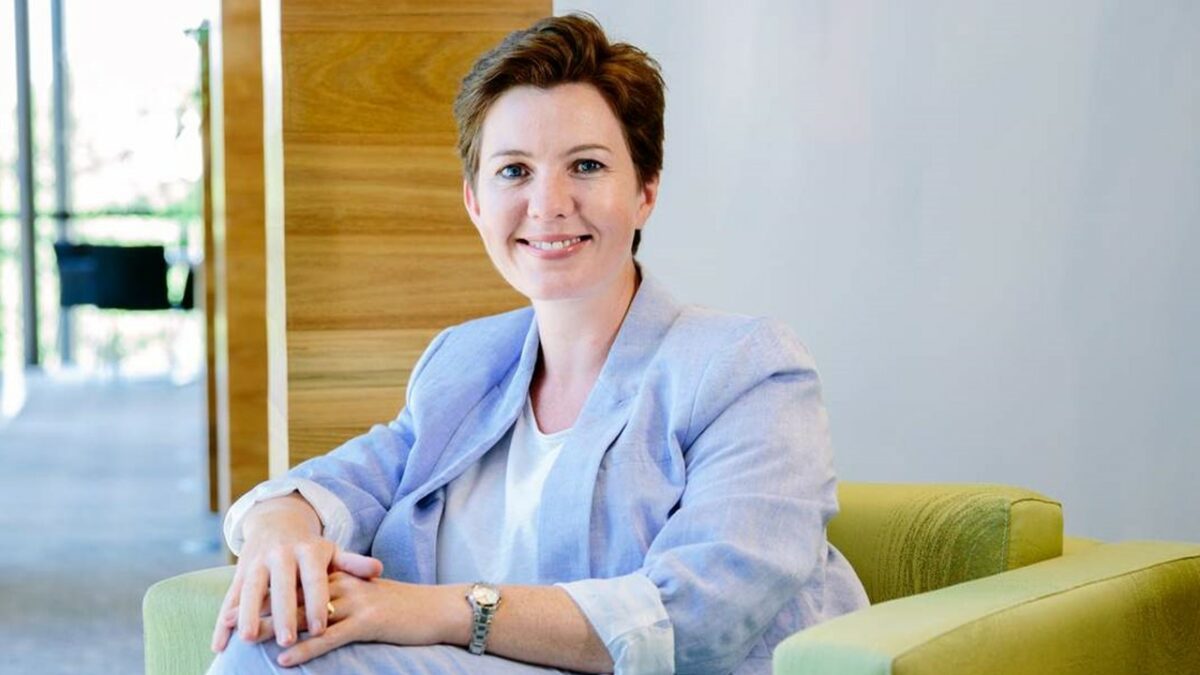
Dr. Karen Hussey

Peter Moulton

Frank Zeichner
Indigenous Engagement Session

Dr. John Binda Reid
Plenary Seven: Boardroom Masterclass
The introduction of mandatory climate change reporting will re-write expectations for Chief Financial Officers (CFOs) and the overall organisational management of climate-related financial risks and opportunities. How do we ensure that disclosure delivers more than just more reporting and drives real change? With growing scrutiny from investors and the community, it’s often hard to navigate the twists and turns of boardroom strategy. Gather around our ‘mock boardroom’ table to see how our experienced board-level panel face and respond to a range of real climate scenarios, covering commercial risk, liability, litigation, carbon market engagement and activism.
Chair
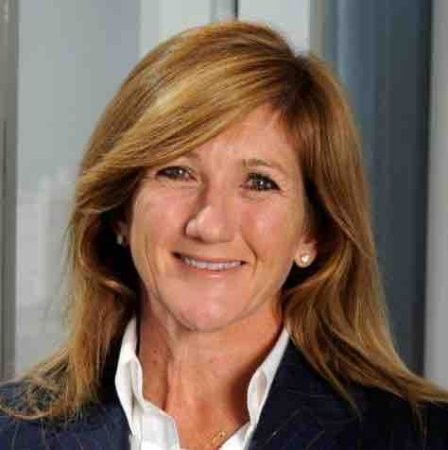
Vicky Binns
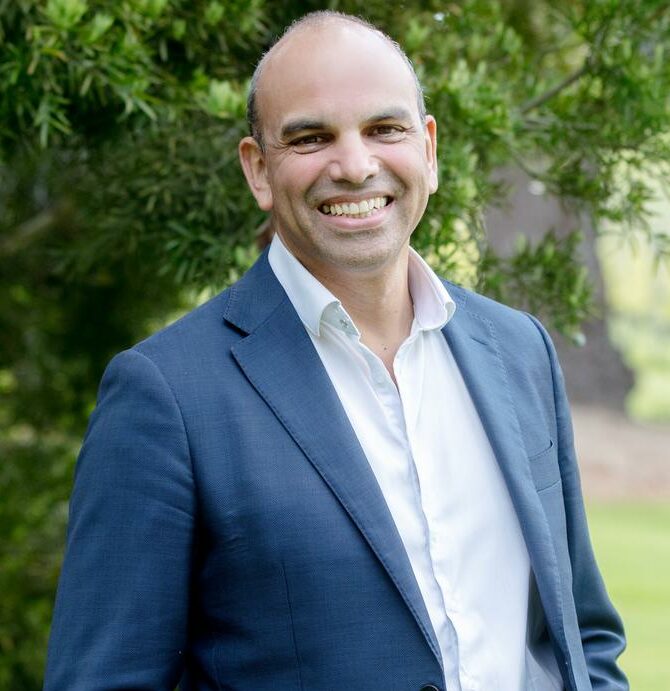
Peter Castellas

Vicki Mullen

Elisa de Wit

Georgina Woods
4.1 NET ZERO SECTORS: Agriculture and Land
The Agriculture and Land sector has already contributed considerably to Australia’s emission reductions and has many opportunities to do more. It is estimated that land-based sequestration will need to increase eightfold alongside industrial decarbonisation for Australia to help limit warming to 1.5C. Plans for the land and agriculture sector will need to boost climate smart agriculture while supporting efforts to reverse deforestation, repair nature and engage First Nation rights and aspirations. This workshop will consider how policy frameworks can support these goals alongside restoration of healthy, biodiverse ecosystems as well as current initiatives, such as carbon farming that are contributing to practice changes and drawdown at scale.
Moderator

Raphael Wood

John Lawson

Dr. John Binda Reid
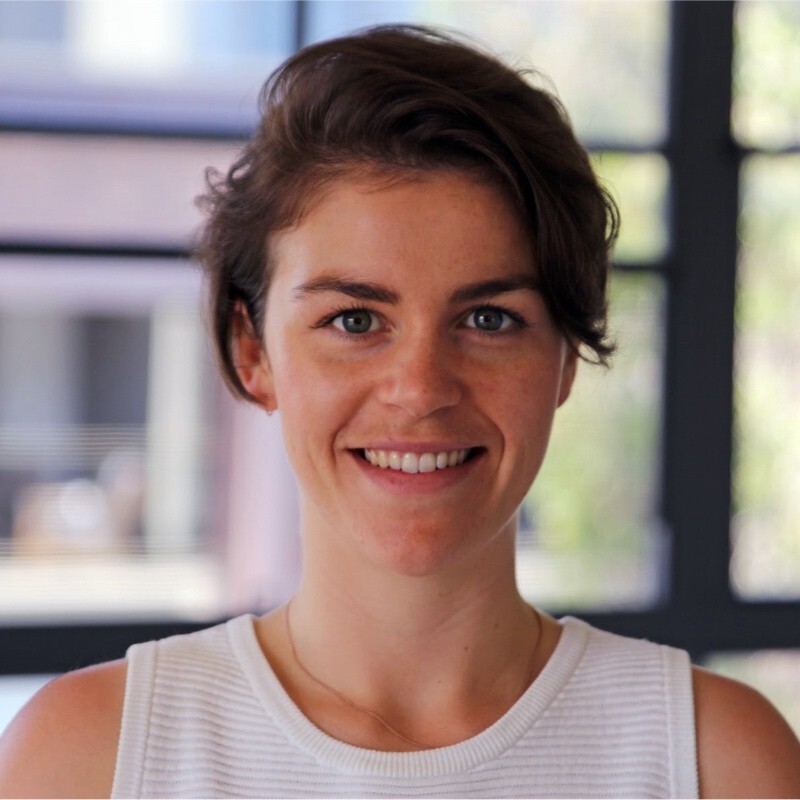
Georgia Sheil

Dr. Margaret Jewell
4.2 MARKETS: Trade Mechanisms for Net Zero
With Phase 2 of the European Union’s carbon border adjustment mechanism (CBAM) already being implemented, and as Australia considers its own CBAM to support the decarbonisation of domestic industry, we look at how trade mechanisms and agreements can support the net zero transition. Experts consider not only domestic applications, but also how countries across the Asia Pacific region are already accounting for projected economic constraints for heavy emitting industries.
Moderator

Thomas Hodgson

Marghanita Johnson

Frank Jotzo

Tennant Reed
4.3 POLICY: Integrating State-Based Policy Frameworks
State governments and agencies have played a historic role in carbon and energy investment, pioneering greenhouse gas, energy efficiency and other markets alongside expanding responsibilities in pollution licensing and other regulations. State aspirations have helped build national ambition but also come amongst competition for global and national investment in industries and expertise critical for the net zero transition. This workshop will examine how state initiatives can boost or hinder national policies and investments in industrial decarbonisation and carbon crediting supported climate action.
Moderator

John Connor

Tony Chappel

Dr. Anton Firth

Mark Rodrigues

Kath Rowley
Afternoon Tea
Closing Plenary: NetZero Next Steps and International Alignment
This session will take stock of discussions from the Summit and profile the steps required for net zero-aligned 2035 corporate and country plans. Join our experts as they reflect on the international cooperation that can accelerate decarbonisation and other climate and nature positive solutions, and the opportunities for both policy and investment.
Chair

Anna Hancock

Jillian Button

John Connor

Pastor Ray Minniecon

Dermot O’Gorman
Closing drinks






















































































































































This year we engaged the services of Simone Thomson, a Wurundjeri / Yorta Yorta artist, to design a custom lanyard artwork based on the Summit tagline of “Accelerating Policy and Investment.” You can read more about the meaning behind the lanyard artwork below.